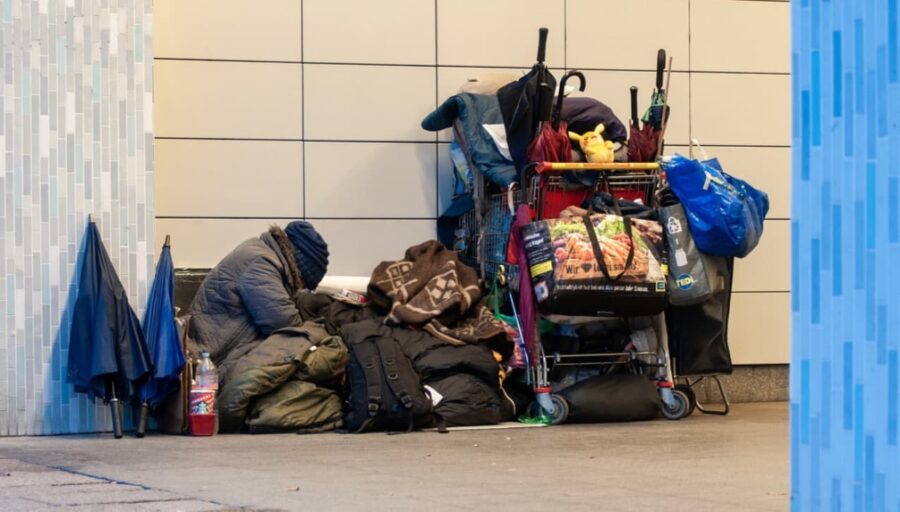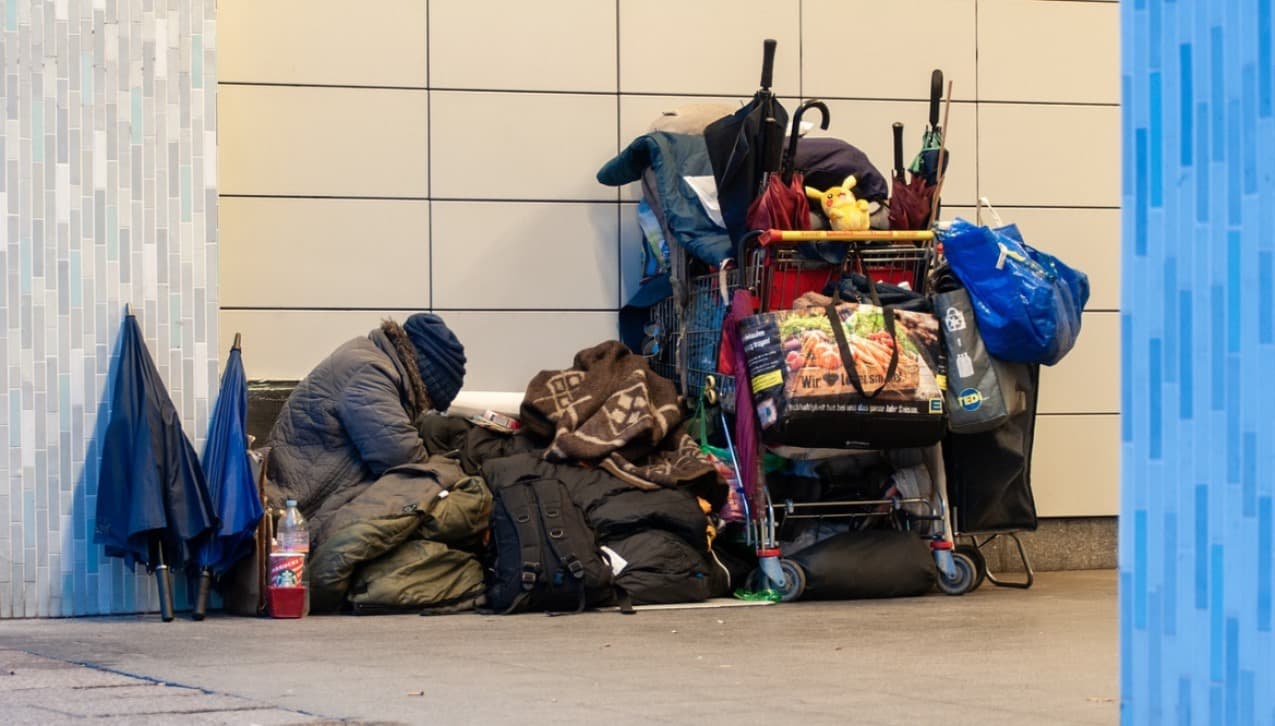
Homeless: 300-bed Safe Space shelter approved for Cape Town CBD
Cape Town Mayor Geordin Hill-Lewis has welcomed the approval of City plans to open a 300-bed Safe Space shelter to help more people off the streets in the City Centre.

The Safe Space will operate on a portion of municipal depot land in Ebenezer Road, Green Point, with operations set to begin early in the new year. Safe Spaces offers dignified transitional shelter coupled with care interventions to help people find sustainable pathways off the streets, including referrals for addiction or psychiatric treatment, personal development planning, employment opportunities, ID and social grant access, and family reunifications.
Help to get the homeless off the streets
‘We are pleased that planning approval has been granted for the City to add 300 more dignified transitional shelter beds to help people off the streets in the CBD and Atlantic Seaboard. This brings the total Safe Space beds to around 780 in central Cape Town, including the two facilities operating at Culemborg in the east CBD.
‘The CBD is Cape Town’s main economic and tourism hub, and it is vital that public places are open and available for all. Accepting social assistance to get off the streets is the best choice for dignity, health, and well-being. Where offers of help to get off the streets have been persistently refused, we are seeking help from the courts as a last resort. No person has the right to reserve a public space as exclusively theirs, while indefinitely refusing all offers of shelter and social assistance.
‘The City will spend R230 million over three years to operate Safe Spaces and expand these transitional shelters beyond the CBD and Bellville, as part of the most comprehensive suite of ‘care interventions’ of any metro in South Africa,’ said Mayor Geordin Hill-Lewis.
Besides expanding its own Safe Spaces, the City is also supporting NPOs to do the same, including contributing to a 63% bed boost to the CBD’s Haven Night Shelter, expanding this facility from 96 to 156 beds. During the winter, the City further enabled several NGOs to add 300 more temporary bed spaces to cope with additional shelter demand, including the deployment of 184 EPWP workers to assist NPOs.
City will dedicate a social development budget
In total, the City’s Street People programme budget amounts to R94,75m for 23/24, a 23% increase from 22/23 as the only metro dedicating a social development budget to this critical issue. Over three years, R75m will be available through grant-in-aid funding to NGOs, including those working to help people off the streets.
ALSO READ: Compassionate crusader: Teenager’s mission to aid the homeless
The City further runs the Matrix substance abuse treatment programme, with an 80% success rate for clients, addressing a key driver of why people end up on the streets.
Hill-Lewis said in the 12 months ending June 2023, the City has helped almost 3,500 individuals with shelter placement or referrals to an array of social services. This includes 2 246 shelter placements, 112 family reunifications and reintegrations, 1 124 referrals to social services, and over 880 short-term contractual job opportunities via the Expanded Public Works Programme.
The City’s Safe Space model will include:
- dignified shelter
- comfort and ablutions,
- two meals per day
- access to a social worker on-site,
- personal development planning,
- various social services including ID Book and social grant assistance,
- family reunification services
- access to substance and alcohol abuse treatment,
- skills training,
- help finding a job, and
- access to EPWP work placement
